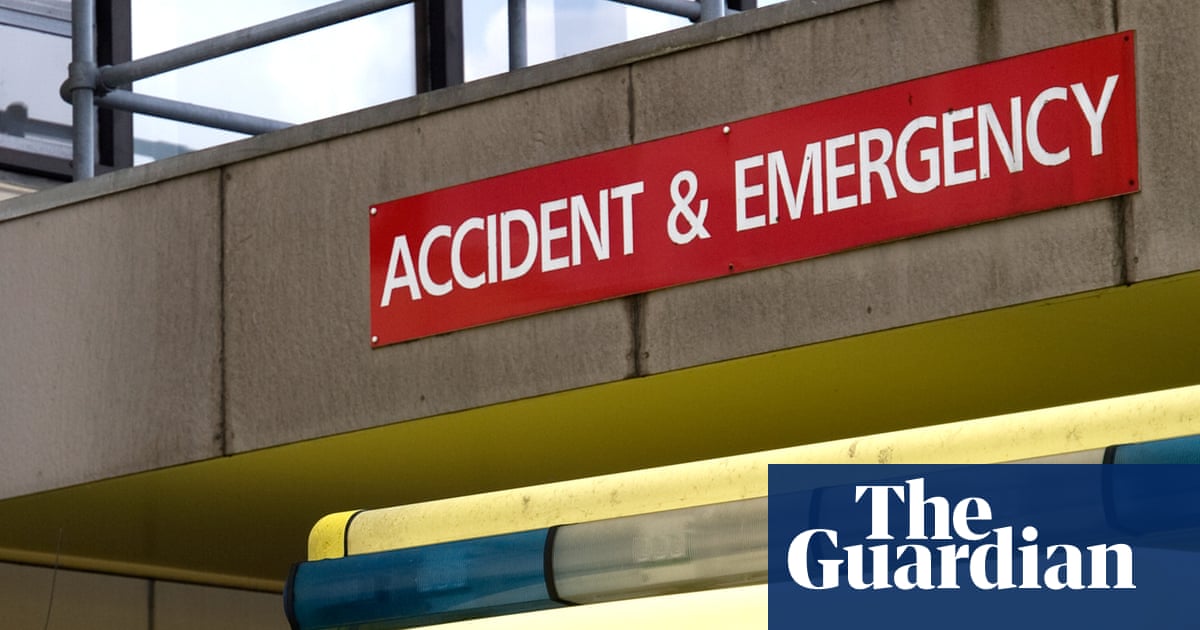
Stroke centres in England given AI tool that will help 50% of patients recover
作者:Andrew Gregory
Half of all people who experience a stroke in England will now recover thanks to a revolutionary AI scanning system that increases the number of patients avoiding serious disability.
The NHS has equipped every stroke centre in England with life-saving software that quickly tells doctors if they need to perform emergency surgery and can triple the rate of recovery.
The world-first technology analyses brain CT scans of stroke patients arriving at hospital, taking just a minute to identify the type and severity of stroke and the most appropriate treatment.
It means doctors can then offer drugs or surgery much more quickly, with the system shortening the average time between patients arriving at hospital and starting treatment by one hour – from 140 minutes to 79 minutes.
Quicker treatment means the proportion of patients recovering with no or only slight disability – defined as achieving functional independence – has tripled from 16% to 48% in NHS pilots of the system.
Now the tool has been introduced at all 107 stroke centres, and could transform the care of the 80,000 people who have a stroke in England each year. The announcement came on the final day of the European Society of Cardiology congress in Madrid, the world’s largest heart conference.
David Hargroves, the NHS national clinical director for stroke, said: “This AI decision support technology is revolutionising how we help people who have been affected by a stroke.
“It is estimated a patient loses around 2m brain cells a minute at the start of a stroke, which is why rapid diagnosis and treatment is so critical. AI decision support software provides real-time interpretation of patients’ brain scans – supporting expert doctors and other NHS staff to make faster treatment decisions.
“NHS stroke teams have been leading the way in rolling out AI, and with every stroke centre now using the technology, it is already playing a key role in improving the care of thousands of people in England every year.”
Rapid intervention is vital if a stroke is suspected. Blood supply to part of the brain is blocked during a stroke and if not treated quickly it can be fatal or cause permanent, long-term disabilities, such as paralysis, memory loss and communication issues.
But it can be difficult to know whether patients need an operation or drugs, because the interpretation of brain scans is complicated and specialist doctors are required. The AI system is able to recognise patterns in brain scans that human eyes cannot see, removing uncertainty and delays in treatment.
Meanwhile, at the conference in Madrid, a study revealed how living on a noisy road can increase the risk of stroke even when there is a minimal amount of pollution.
Doctors advised sealing windows or moving to a quieter bedroom to escape passing traffic, which can cause stress and disrupt sleep.
The analysis examined traffic noise and air pollution around the homes of 26,723 Danish men aged 65 to 74 over four decades. It found a 14.9 dB increase in traffic noise – the difference between a quiet sidestreet and a main road – raised the risk of stroke by 12.4%.
The lead author Dr Stephan Mayntz, from Odense university hospital in Denmark, said: “Traffic noise is a significant environmental risk factor for stroke, independently associated with a higher risk even at low levels of air pollution.
“These findings highlight the need to address traffic noise as part of public health interventions to reduce the stroke burden. This isn’t about brief loud events; it’s the chronic day-evening-night noise that disrupts sleep and activates stress pathways.”
